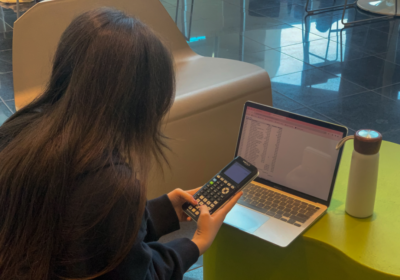Low compensation leaves USF graduate assistants in the shadows

For the past four months, USF’s graduate assistants (GAs) have been circulating an online petition demanding “a living wage, vision and dental insurance and paid parental leave.” The petition, which is just shy of 1,000 signatures, was created by USF Graduate Assistants United (GAU) — the union representing USF’s GAs.
Graduate assistants are graduate students who work on a part-time basis for the university, usually either through teaching or research. Per the USF System Facts book, USF employed 2,197 graduate assistants as of fall 2019, making them the largest faculty workforce in the USF system.
According to GAU’s contract with the university, graduate assistants currently get tuition waivers, health insurance, and an annual stipend as compensation for their work.
Patrick Templeton, a third-year creative writing graduate student and co-president of the GAU, says that current benefits aren’t enough to make ends meet.
“It is just not a lot of money,” Templeton said.
Per the union contract, a master’s student working 20 hours per week gets a stipend of $12,500 annually. A doctoral student working the same hours gets $17,830.
While those figures might seem large, they pale in comparison to living expenses. Per the Massachusetts Institute of Technology’s (MIT) Living Wage Calculator, a single adult living in the Tampa Bay metro area would need to make $25,269 annually to cover the basics, far above GAs’ annual stipends.
Templeton said whatever expenses aren’t covered by the stipend have to be made up with debt or outside work.
“Most of our GAs are either living off of loans or a small part-time job … Nobody wants to be working outside jobs; they do that because they need to survive,” Templeton said.
Worse, even as GAs are technically part-time workers, their workload often exceeds the 20 hour per week mark.
Under their current contract, GAs get no additional compensation for those overtime hours.
“As teachers, we take it home with us,” Templeton said. “Until the grading is done, the job is not done … We are technically billed to spend 10 or 20 hours per week with our responsibilities, but many GAs must spend more than that and can end up doing 30 hours per week or more.”
The financial and professional pressure placed on GAs hits parents especially hard. Their current contract has no provision for parental leave, paid or unpaid, and their health insurance has no provision for vision or dental care, both critical services for young children.
Graduate assistants should not have to choose between heavy student debt and a crippling workload, nor should they have to compromise family for academics. Given the countless hours of teaching and research that graduate assistants give to our school, USF has a moral obligation to compensate them fairly.
Nathaniel Sweet is a senior studying political science.






